Do I need a CRM Tool?
At CRMD, the core of our business is CRM – it’s in the name! We are dedicated to getting your company up and running with the best CRM technology out there. A good CRM system can help organize your data and facilitate collaboration, driving greater sales and higher retention rates. So if you have found yourself asking “Do I need a CRM tool?” keep reading to find out!

Here’s a list of eight reasons why you need a CRM tool for your business. If you are unfamiliar with CRM or need a little more information, check out What is CRM? A Quick Guide to Success.
1. Lead Management:
Route new inquiries to the right people for appropriate follow-up. Set reminders and tasks to ensure that they don’t get lost and that “hot” leads are fast-tracked through the sales process.
2. Aggregate Data:
This is the big picture data for your business. Whether your company needs monthly or yearly metrics, the ability to aggregate data from a variety of sources will help you keep your finger on the pulse of your business. Examine trends, identify patterns, and track overall growth using out-of-the-box reports and dashboards.
3. Improved communication across your organization:
CRM systems like Salesforce offer native tools for internal communication. For instance, Salesforce Chatter allows users to easy share data, organize conversations by departmental groups, and post polls for employee feedback. Say goodbye to email threads that get lost in the shuffle.
4. Scalable tool for growth:
A good CRM tool will grow with your business. You should feel confident that the tool you are using will support you whether you have 20 users or 50,000+.
5. Centralized customer information:
The ability to centralize customer information allows you to to get a single view of the customer. 87% of executives are not highly confident they are leveraging all available customer data, according to Forbes Insights/Treasure Data Survey. By putting all your data in one place, you can personalize your interactions and deliver best-in-class experiences to prospects and customers.
6. Cost Savings:
Companies that move to a CRM tool end up saving on costs from improved efficiency, from faster data-driven sales cycles to less time spent on manual data entry and reconciliation. It’s a win-win.
7. Time Savings:
Focus on the big picture by taking advantage of CRM automation to fill out data sheets, run reports, and send email notifications at key milestones. No more wasting time over monotonous, repetitive tasks — let your CRM do the heavy lifting.



